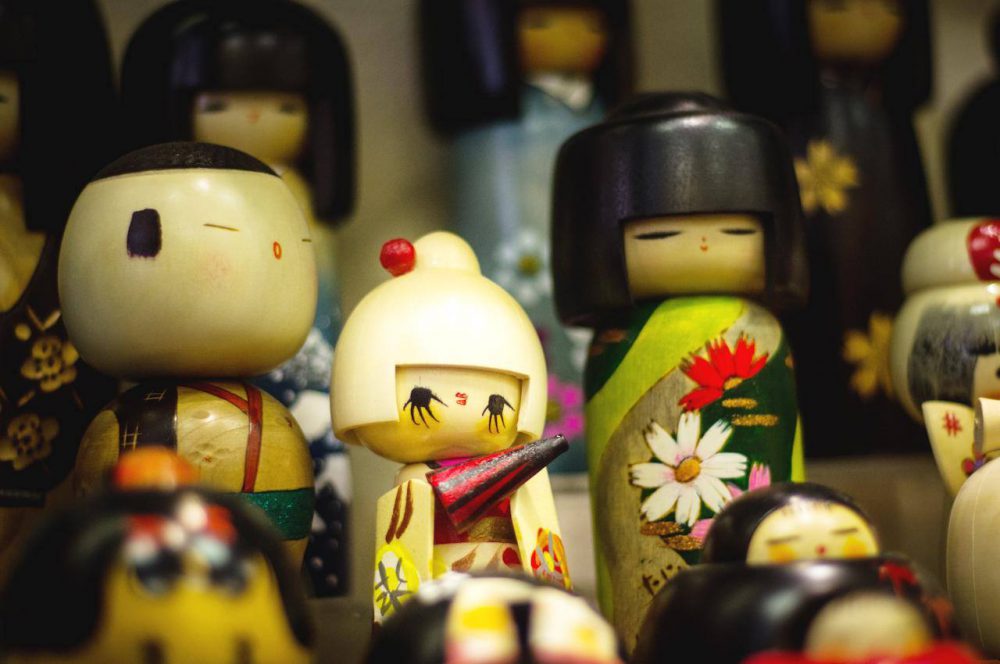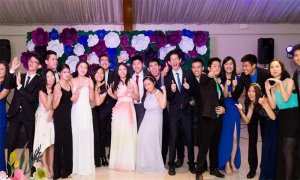I’m pretty sure most of you have already heard of this popular song because, like you, I’ve also obsessed myself with it. Playing it on repeat every single day and singing my heart out to its lyrics — yes, I’ve done those too. Many of us can relate to every word of the song. Many of us continue to seek for answers to the questions on who we are and what we really want. We are unknowingly confused whether to be what other people expect of us, or to be what we’ve always dreamt to be. Hence, in the year 1998, such questions were given answers.
After many years of cultivating the ideal perfect princess, one who is poised, graceful and beautiful, Disney eventually gave us the ultimate plot twist. Abandoning the habit of producing fairytales starred by damsels-in-distress and refined princesses, Disney took the risk and gave us Mulan. It was one of the greatest movies during the Disney Renaissance era that went side-by-side with The Little Mermaid, Tarzan, Beauty and the Beast, Aladdin and so on.
It was based on an ancient Chinese poem called Ballad of Mulan, which tells the story of Hua Mulan, a young Chinese woman who took her ailing father’s place in battle by disguising herself as a man and fought as a well-respected warrior for twelve years unnoticed. Disney story consultant, Robert D. San Souci admittedly said that the story fascinated him and provoked him to rewrite her story.
When the movie was officially released, it had gained a surge of public attention and admiration all because of the new face of a woman we know as Mulan. From all the movies Disney has been creating so far, Mulan was extraordinarily different. Did you know that she was the first Disney Princess who’s actually not a princess at all? Because to be considered as one, a princess must either be royal at birth, or married to royalty, and Mulan was neither of these.
Moreover, Disney moved on from typical princesses in fancy dresses to a tough warrior ready for war. Disney conceived an awkward, clumsy and careless, young lady who is definitely not your ordinary princess. She can be stubborn and rebellious at times, making it harder for her to learn the expected duties of a wife-to-be. In her own words, she “will never pass for a perfect bride or a perfect daughter.”
Nevertheless, we have appreciated, even loved, her deviation from the norm for the many enlightening things she had taught us in growing up. She stood up for all the things we, women, had been afraid of. We conditioned ourselves to fear our true identities in order to meet the demands of a patriarchal society.
The worst part is when women accept these demands that pose as norms: That they should follow a certain lady-like criteria – think like a lady and act like one. That their value or worth lies solely in their pretty faces or slim bodies. That if men sexually abuse or disrespect them, it is the woman’s fault for wearing “improper clothes.” That they have to be submissive in relationships. And Mulan showed a deviation from the so-called norm to show that we do not have to live up to those kinds of demands.
It had introduced the idea that maybe our princesses can also possess a grace even under their armors. Just like Mulan, these women saw they are also capable of having strength like warriors while simultaneosly being endowed with grace and compassion for other people, most especially for their families. She also taught us is how to be completely honest with ourselves and how to have the courage to be who we really are without stepping on other people.
After almost two decades, it’s funny how this movie still reflects the lives of Chinese-Filipino women today, most especially those who still dwell in traditional families. I, for one, know what it feels like to have to uphold the traditional Chinese mentality regarding women. I live in a family of eight with two brothers and three sisters. Unlike our brothers, it was never easy asking permission to hang out with friends, even if it’s just a ten minute drive. A strict implementation of curfews is also being practiced. A prim and proper demeanor is expected from us, daughters, at all times, and we do get reprimanded when we talk too loud.
In the business venture, we feel belittled when much is expected from men than from us. Are they smarter or more capable? Or is it because you trust them more than us because they’re men? Furthermore, it’s difficult enough that we’re stuck in a turmoil of emotions that can be summed up with the line “Now I see, that if I were truly to be myself, I would break my family’s heart.”
It’s very important for our parents that we stay home and remain sheltered rather than face the dangers outside because of the misconception that we’re incapable of taking care of ourselves. This evidently hinders opportunities for us to learn independently and firmly, slimming the chances for us to gain significant lessons from the challenges we must face.
In this matter, Mulan definitely fits in as the best inspiration, not as a rebel nor as a freedom fighter, but someone who strives to find her essence while remaining a loving daughter. This is probabaly the reason why we continue to embrace her character, for she displays that, amid her successes in battles, in proving herself worthy and, most importantly, in displaying that women too can be as capable as men, she still went home. Her final act of returning to her family only signifies that while finding yourself, it’s also important to not forget the people who truly care for you. They will be constant reminders that there are certain boundaries that you mustn’t cross.
Believe in Mulan when she says “On that day, I’ll discover some way to be myself, and to make my family proud.” Because sometimes, it may be difficult to speak what is silenced in your heart while still respecting and understanding limitations. In the end, being yourself doesn’t have to mean offending and hurting the people who love and care for you.
Now, if you still ask “Must I pretend that I am someone else for all time?” The only accurate answer is, “No”. Seek opportunities because only then will you be able to find yourself; and when you have found the comfort of being yourself, that is your real happiness. In fact, each one of us is indeed like a tiny bud waiting to bloom in the right season.
Written by Ria Chong
Stock photo from http://www.morguefile.com/archive/display/843379




